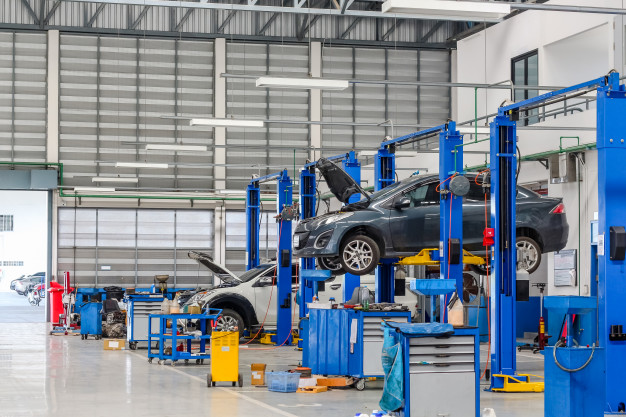Although 2020 was slower than usual for the automotive industry, due to COVID-19, the industry is slowly starting to rebound, and we see glimpses of future innovations.
Today’s cars are no longer just a simple means of transport for getting from point A to point B. Cars are now more complex lifestyle products that have been changed so much by technology and now meet many other purposes.
From the much-awaited self-driving cars to the channels by which cars are sold, here are the five most significant technology trends that will influence the automotive industry in 2021 and beyond.
1. Artificial Intelligence
Thanks to companies like Tesla, Google, and Uber, which are continuously pushing the limits of AI, self-driving cars are getting safer and more usable in real-world scenarios. In 2020, Elon Musk had planned on launching Tesla’s first Robo-taxi fleet, but, because of the pandemic, this ambitious project was delayed.
The pandemic has played a significant role in changing the perception of autonomous vehicles. In the context of a new normal where social distancing measures define our lifestyle, the idea of self-driving vehicles has become even more valuable.
The autonomous vehicle market is estimated to be worth over $556 billion by 2026.
2. Electric Vehicles
According to the US Environmental Defense Fund, conventional vehicles are responsible for 75% of all carbon monoxide pollution. Aware of the high environmental impact of petrol engines and the cost-saving benefits of electric cars, more and more people are choosing electric vehicles.
In August 2020, there were over 1.6 million electric vehicles on US roads. The high cost had always been the main factor why people avoided electric vehicles.
Still, now that the prices are much less prohibitive and there are even Government rebate schemes for electric cars, purchases are on an ascending trend. The only more significant challenge that must be resolved is charging stations.
3. Dealerships Are Moving Online
Car is a necessary purchase, and, traditionally, people have preferred going to in-person dealerships for years. However, now we see a change in preferences, and again it’s due to the pandemic. Now, people are more likely to visit an online car dealership instead of going there in person.
Online car dealers have already included virtual tours so that clients can explore their options. Automotive trade shows, which many people attend to discover new vehicles, are also moving online. Dealers are also offering simple and secure checkout, online financing options, and returns policies.
4. Demand For Tech Integration
Why do people change their cars? Sometimes, it’s because the old one has stopped working, it’s no longer fuel-efficient, or repairing it costs too much. But there are also many instances where people change their working cars because it no longer matches their lifestyle.
Technology has become a significant part of daily life. We spend two-thirds of our day in front of screens. More and more people are now preferring vehicles to be compatible with the tech tools. For example
- Satellite navigation systems
- Bluetooth connectivity
- Parking assist cameras
- Apple CarPlay and Android Auto
What’s even more exciting is that high-end tech features are becoming mainstream and that, many times, clients would rather pay extra for tech integration rather than for upgrading the vehicle’s specs.
5. 5G
5G will expect to play a significant part in automotive tech in 2021 and beyond. According to a PwC study, there will be over 16 million 5G-compatible vehicles only in the US, EU, and China by the end of the decade.
6. Shared Mobility
Another growing trend that’s disrupting the automotive industry is shared mobility. Shared mobility refers to all the ways that people share vehicles so that the number of cars on the roads doesn’t become too overwhelming.
Popularized by Uber, shared mobility is now present in almost every country in the world and is more so in the US, Mexico, and Western Europe.
Overall, the ridesharing industry is adapting well to COVID-19, and experts estimate that its total market value will grow in 2021 and beyond.
